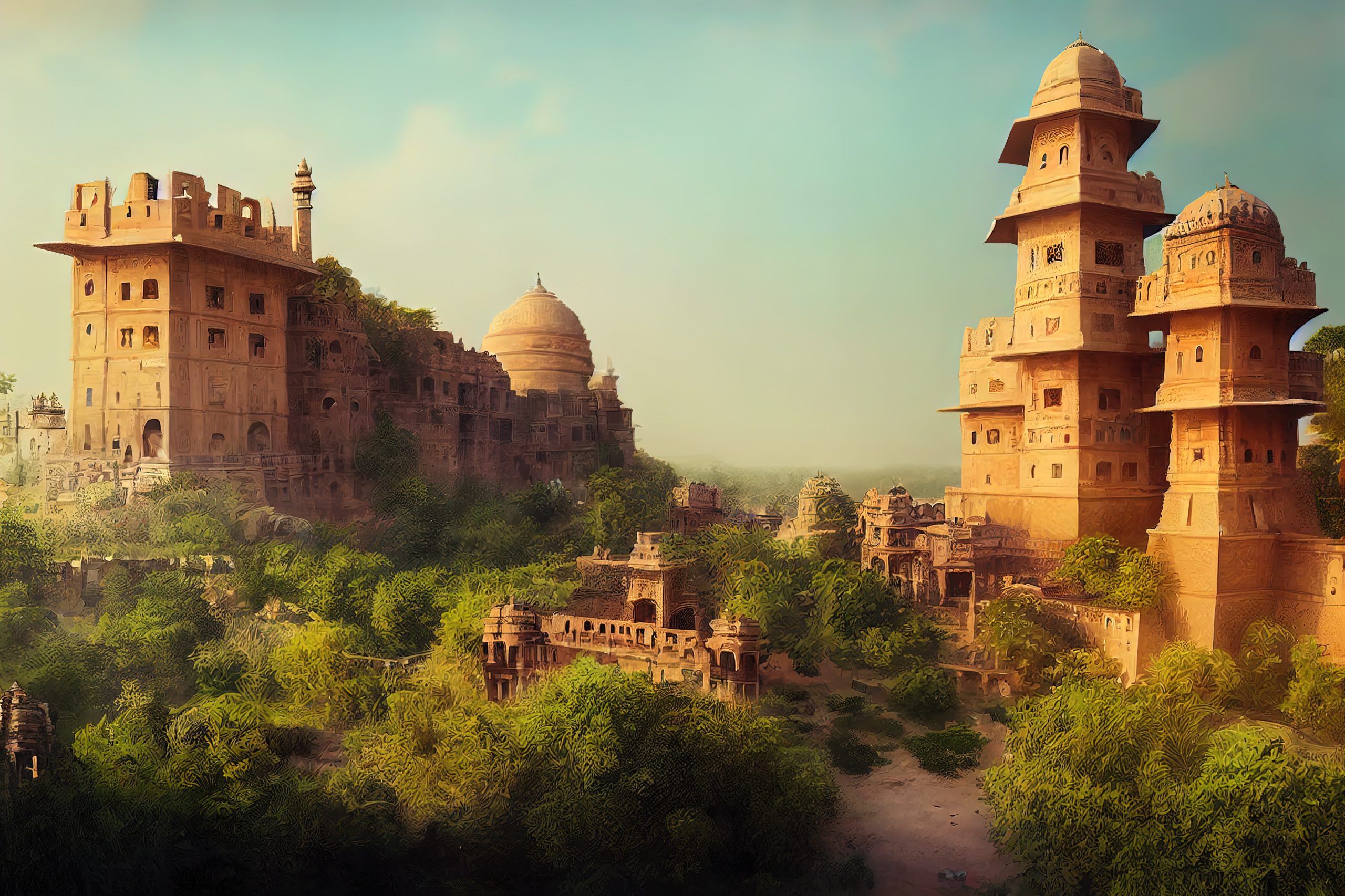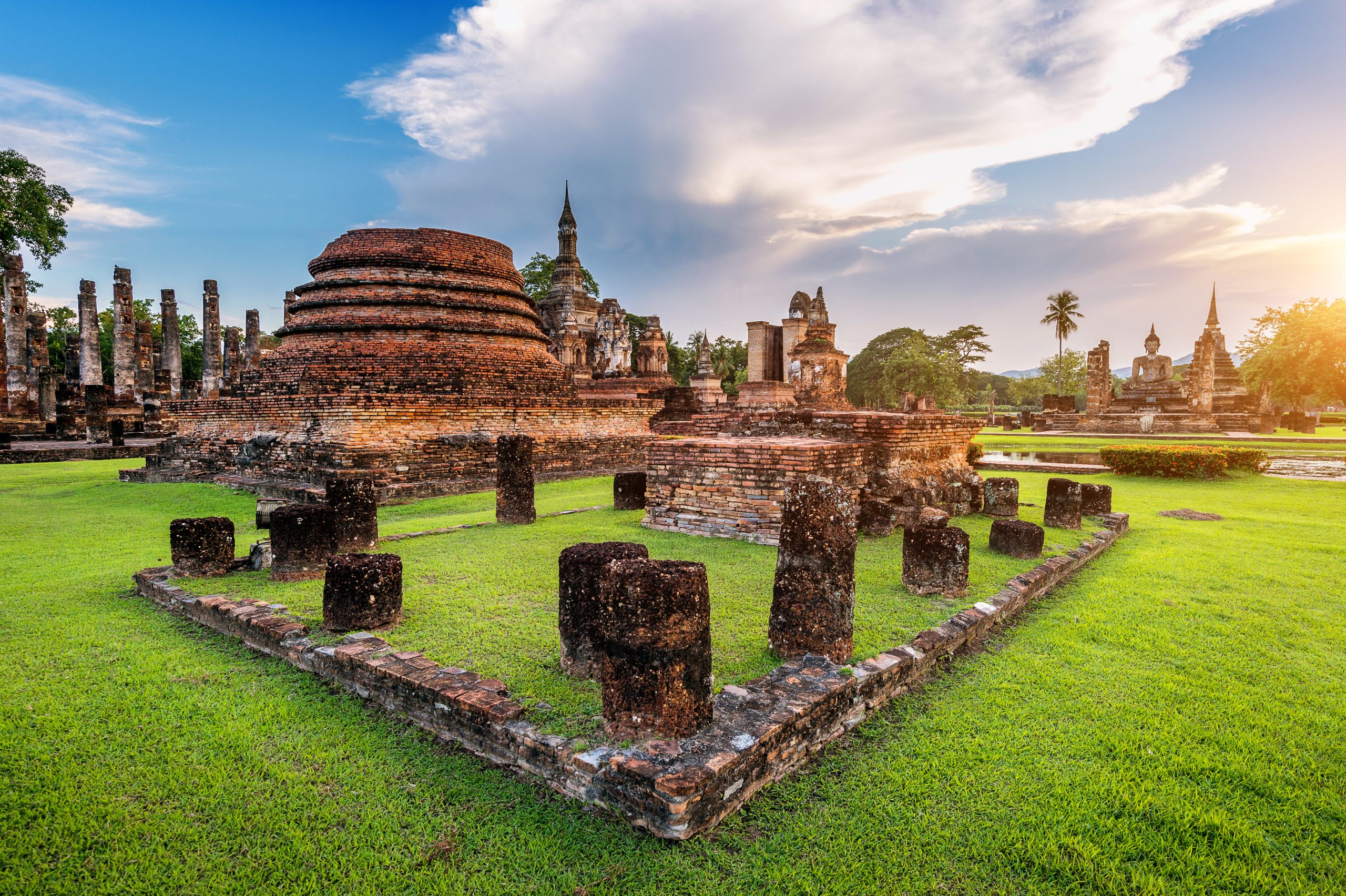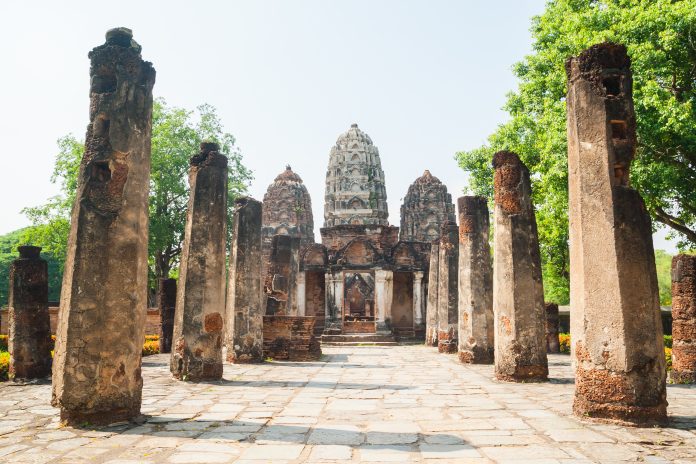- As the Indian citizens know, there is a trend underway of changing the names of prominent cities, roads, monuments, and even buildings that bore erstwhile monikers, largely historical. Generations having grown on familiar surroundings and nomenclatures are now confronted with a scenario wherein changes have become a norm rather than an exception. Yes, the political dispensations after assuming power are bound to play to the gallery, and what better way than whipping up an emotional and communal frenzy by initiating moves to change the names of prominent places? Trust our political class to never miss out on an opportunity to impress, influence, and consolidate vote banks. And changing the names of places is one such opportunity.

PC: Freepik
- The moot point to ponder over here is why only historical figures like kings, netas, and dignitaries of various descriptions alone considered and why not look at India’s extraordinarily diverse flora and fauna, and its grand rivers and imposing mountains be considered to name our public places. This was suggested in one of the leading newspapers which makes imminent sense. While on the subject, it is most welcoming that the Supreme Court rightly dismissed a PIL that sought a renaming commission focused on ancient India. Nonetheless, India does need a new way of naming but one not bound by this or that view of a perpetually contested past. Such a renaming spree contemptuously denigrating the historical figure for something else leads to polarization.
- Mind you, the country is expected to add another 416 million people to its cities by 2050, taking the urban population shares to 50%. This means major infrastructure expansion is in the pipeline. Thus, each new project, street, and square will need a new name. So, without a revamped philosophy of naming, this issue will keep wasting social capital and the court’s scarce time. Taking a glimpse at the top airports around the world will reveal that most have straightforward geographical titles viz. Amsterdam, Beijing, Dubai, Incheon, Los Angeles, Munich. Further, in many countries, streets are named by their simple number and direction. All of this is both user-friendly and conflict-reducing without leading to the question being raised by the common citizens.

PC: Freepik
- There are instances when homage to Nature serves so much better than to man where utilitarianism is not the only concern. Why don’t we get out of the cross-party obsession with history when naming streets, squares, and airports, and replace them with known flora and fauna? It’s a lot easier to find a Peacock Road and an Elephant Road abroad than here, you see. Understand that words have power, but names carry moods. Also, why not name public spaces after popular figures from arts, entertainment, social services, and sport rather than dead famous figures? Indeed, pleasant names, by the way, are economic multipliers. Thus, governments should seriously consider names on the abovementioned subject matter for a change.






